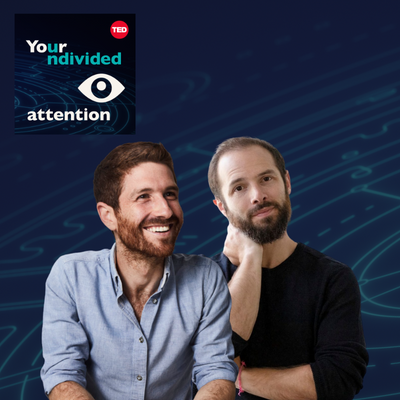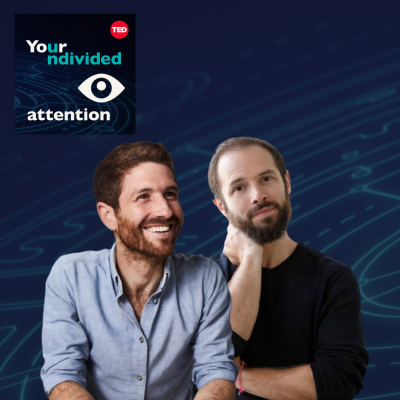Episode 74 | Aug 17, 2023
Esther Perel on Artificial Intimacy
For all the talk about AI, we rarely hear about how it will change our relationships. As we swipe to find love and consult chatbot therapists, acclaimed psychotherapist and relationship expert Esther Perel warns that there’s another harmful “AI” on the rise—Artificial Intimacy—and how it is depriving us of real connection. Tristan and Esther discuss how depending on algorithms can fuel alienation, and then imagine how we might design technology to strengthen our social bonds.
CORRECTION: Esther refers to the 2007 film Lars and the Real Doll. The title of the film is Lars and the Real Girl.
Major Takeaways
Artificial intimacy is fundamentally changing human relationships. Technology has altered the way we approach dating, friendship, and community, rewriting the meaning of core aspects of our lives - and this largely goes unquestioned.
Is an AI therapist better than no therapist? Many clients are pleased with therapy bots. Many people receiving AI-assisted therapy believe they have therapeutic experiences and breakthroughs. However, when you examine the qualitative data, it falls short. Clients may lower their expectations to match what technology can provide, and they receive less effective care.
Hold space to experience the friction and failures that help shape your understanding of yourself. Being aware of the needs of others and our behavior's impact on them is part of growing up. It’s difficult to build that awareness when most of your connections are virtual, and we’re experiencing more anxiety and less intimacy as a result.
It’s hard to deal with the complexity of how many relationships we manage. Esther notes that modern loneliness often presents as hyperconnectivity. While you may have a thousand virtual friends, getting someone to pick up a package for you when you’re out of town may be challenging.
Companies can add dimensions at the design level to encourage in-person connection. Instead of designing technology solely to maximize virtualization and efficiency, it could also be built to foster relationships. Use technology to connect, and then consider gathering a group to meet in person.
Other recommended reading
Mating in Captivity by Esther Perel
Esther's debut work on the intricacies behind modern relationships, and the dichotomy of domesticity and sexual desire
The State of Affairs by Esther Perel
Esther takes a look at modern relationships through the lens of infidelity
Where Should We Begin? with Esther Perel
Listen in as real couples in search of help bare the raw and profound details of their stories
How’s Work? with Esther Perel
Esther’s podcast that focuses on the hard conversations we're afraid to have at work
Lars and the Real Girl (2007)
A young man strikes up an unconventional relationship with a doll he finds on the internet
Her (2013)
In a near future, a lonely writer develops an unlikely relationship with an operating system designed to meet his every need




